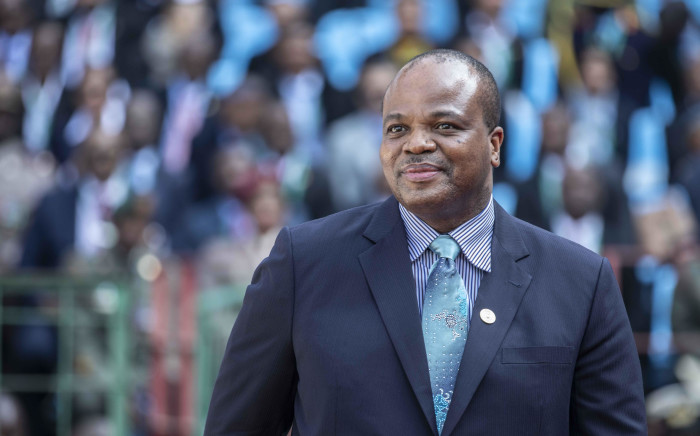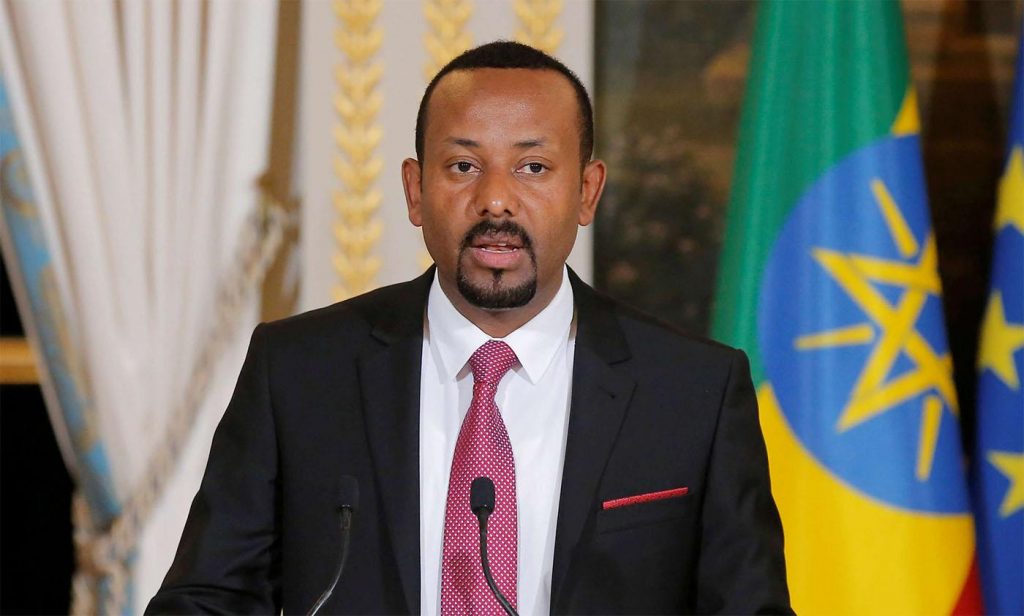President George Weah has asked the International Development Association (IDA) to help pull Africa out of its current dependency syndrome as a means of scaling up policies that spur social and economic growth.
Africa, with a population estimated at 1.3 billion — the vast majority being youth — accounts for just 3% of global trade in goods and services, holding back Africa’s development, according to a World Bank report released in February.
This situation, according to President Weah, needs to be changed for Africa to be “in a place of honour” — aspiring for sustainable development and robust capacity-building that would transform African economies and countries.
At a World Bank International Development Association (IDA) Association summit for African Heads of States, Weah reminded his colleagues that in the wake of two years of unprecedented and brutal negative impacts of the COVID-19 pandemic, and the current compounding ripple effects of the Russia-Ukraine war, it was time for the IDA’s objective to pull Africa out of its dependency syndrome.
“It is hoped that the IDA’s objective will place Africa in a place of honour. The plan should aim at pulling Africa out of the current dependency syndrome,” Weah said in a speech at the summit in Dakar, Senegal on July 7. “Together with you, our development partners, we should aspire for sustainable development and robust capacity-building. Our economies should be diversified to promote genuine people-centred policies that are based on the principles of good governance, transparency, and equality.”
“Our challenge is to identify the appropriate policy nexus to deal with this erupting situation. Liberia has an economy that is dependent upon food and oil imports and is currently faced with rising prices of commodities as a result of the Russia-Ukraine war. “
“We have learned that every such crisis brings in its wake immediate losses that must be addressed through appropriate policy interventions, with the focus being the mitigation of the long-term costs of disruptions on our economies. [And] the Mano River Union sub-region is facing a complex situation of providing commodities that are imported,” he added.
The Liberian leader’s remarks at the IDA summit, which was a gathering of several African leaders and policymakers, came in the wake of Africa being hit hard by the multiple global crises of climate and COVID-19, growing levels of food insecurity, and more recently by the impact of the war in Ukraine.
At the summit, Weah reminded his colleagues and policymakers that the rise in the cost of oil will have a severe adverse impact on Africa and the environment, as people will seek alternative means for energy — and the longer the war in Ukraine persists, the more the environment will be affected.
He added it was now time to focus on policy interventions that mitigate the long-term costs of disruptions to African economies and that the longer the war in Ukraine persists, the more the environment will be affected.
“We should take into consideration the situation in Ukraine, or our efforts here will be undermined and rendered meaningless in the face of the ongoing Russia-Ukraine war,” Weah said.
“It is no secret that this war is having devastating effects on the global economy. If stronger economies are being affected, there will be no guarantee for weaker economies like ours that are already under stress. It means that to achieve our target, we must join efforts in finding a diplomatic solution to the Russia-Ukraine crisis.
“As long as there is war in Ukraine, with the associated socio-economic and political implications, our peace, growth, and development will be negatively impacted, because instability and insecurity are not partners of development,” he added.
Meanwhile, Weah also used the summit to inform his colleagues about Liberia’s transformational policy, which focuses on health, education, agriculture, digital economy, youth and women empowerment, roads and ports, energy, and gender.
These sectors, he said, are cardinal to his administration l development plan, the Pro-Poor Agenda for Prosperity and Development, which ends in 2023.
Weah added that Liberia has also increased access to school-based services, by the provision of nutritional packages for students and building the capacity of teachers, as well as by the establishment of centres to enhance research, “creating the environment for the implementation of the Food Safety Act, the Fertilizer Act, and validating the Rice Development Act are some of the measures that my Government is implementing to ensure food production and security.”
“On the economic front, the promotion of electronic payments and digitization of the Liberian economy, in collaboration with some of our key development partners, is an urgent and paramount imperative. Also, increasing credit to the private sector, and ensuring the stability of the financial system, are necessary initiatives that are well underway.”
On health, the Liberian leader noted that his administration has efficiently utilized the experience gained in combating Ebola in the fight to control and eliminate COVID-19, and improving “programs in readiness for future pandemics; as well as improving our healthcare delivery system.”
“Being mindful that infrastructure is the bedrock for national development, we are keen on road connectivity throughout the country, which will facilitate easy movement and access to commodities and services; as well as the development and upgrading of our seaports and airports. We are also focused on increasing electricity generation, transmission, and distribution both in the urban and rural areas,” the Liberian leader said.
Weah however pledged Liberia’s commitment to the ideas and programs inscribed in the Abidjan Declaration of the IDA for Africa 2021 Summit, and support to the implementation process between now and 2025.
The declaration calls for action from the IDA to finance an inclusive and sustainable African economy for the well-being of its populations.
“We are assured that it will succeed. And that is why we have come to this Summit to support its robust implementation,” he said further, hailing the important works being done by the World Bank Group’s International Development Action in supporting our efforts to combat Ebola, COVID-19, and other pandemics that have afflicted our countries and negatively impacted African economies.


